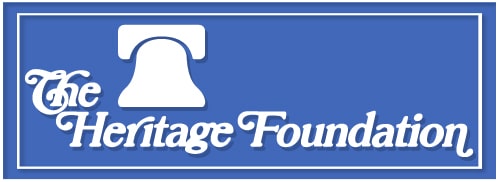Recently (thanks, Wonk Room!) I came upon a classic case study of why the debate on climate change–and indeed, debates on public issues in general–has grown so dysfunctional.
The story begins with a new report from the Political Economy Research Institute (PERI) at the University of Massachusetts-Amherst, which has produced many previous studies on how to create so-called “green jobs.” The new study finds that two pending Environmental Protection Agency regulations will also create jobs—a lot of them–by greening the electric power industry.
In the wake of recent Republican attempts to restrict the EPA’s powers and dramatically cut its budget—plans bolstered by the accusation that the agency is destroying jobs—the PERI study is politically salient in the extreme. And indeed, it was recently cited by EPA administrator Lisa Jackson before Congress.
Enter the critics: Here is a blog post from Heritage Foundation economist David Kreutzer, accusing PERI’s economists of having “skip[ped] econ 101.” For instance, Kreutzer writes that the study’s authors have committed the “long recognized economic error called the ‘broken windows fallacy,’ and it requires a belief in free lunches.” Sounds like quite the facepalm, doesn’t it? Kreutzer further claims that PERI has “completely confused a job and a job-year”–which also sounds like a cardinal economic sin. And so it goes.
And now here is a rejoinder to Kreutzer from James Heintz, PERI’s associate director. Heintz counters that his institute’s report did not confuse a job with a job-year, or made the other blunders alleged by Kreutzer. “Misrepresentation of the findings of this report, wherever they come from, only serve to undermine serious consideration of the issues,” writes Heintz.
Such is the exchange, and now let’s consider: Is this a dispute in which outside observers have any choice other than to throw up their hands, unsure who to believe? Most of us aren’t economists, after all, so what other option is available to us? How can we possibly say who’s right and who’s wrong, without taking a few years to develop some expertise? Moreover, from a journalistic perspective, is there any way to cover this dispute other than in a “he said, she said, we’re clueless” fashion?
Well, here’s an idea. Why not go to the PERI report and do something very simple, like search for the word “job-year.” I did, and I found a lot of footnotes and chart descriptions like the following:
Note: All values reported in ‘job-years.’ One job-year equals one year of full time employment.
Huh. It doesn’t sound like PERI’s economists are so clueless and incompetent after all, does it?
And indeed, Kreutzer’s claim that they are making introductory level economics errors is not very plausible. What is plausible, though, is that conservatives were highly motivated, in the current political context, to attack the new PERI report–and proceeded to do so using whatever arguments seemed to be at hand.
There’s a game afoot in our political discourse—and has been for decades—to create the false appearance that “for every Ph.D., there’s an equal and opposite Ph.D.” (as Andrew Revkin likes to put it). It’s a cunning strategy, because for the most part, people are not going to wade into the details enough to sort out right and wrong. If some particular fact or analysis seems contested, most of us tend to back away—unaware that most facts and analyses are contested not by accident, but because someone wants them to be.
But we can do better. We can be aware of how the game works; and we can hold to some simple standards. Like this one: Whether they’re actually “true” or not, findings like PERI’s certainly can’t be dismissed with a wave of the hand. It’s never that simple, or that easy. And if someone makes it sound that simple or that easy—well, then we all ought to know enough to know to be skeptical.
Oh, by the way: Kreutzer also thinks the 2000s were a “decade of global cooling.” Now, I’m really skeptical.
Subscribe to our newsletter
Stay up to date with DeSmog news and alerts







